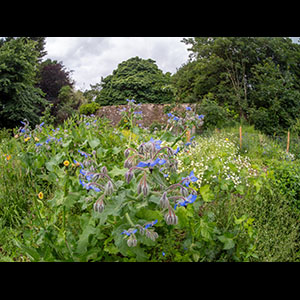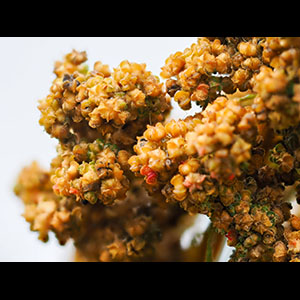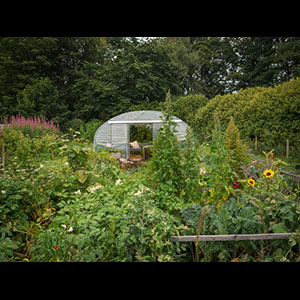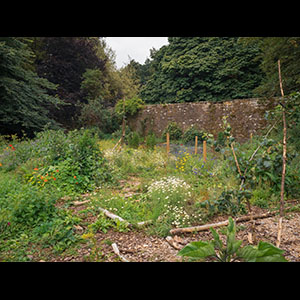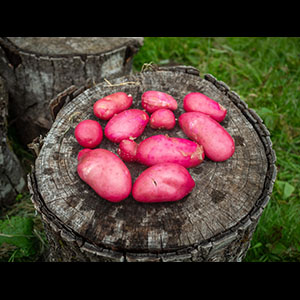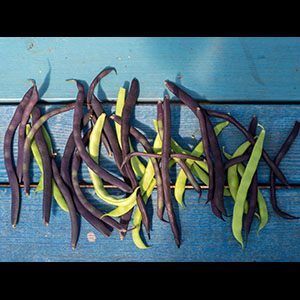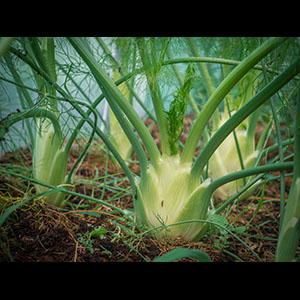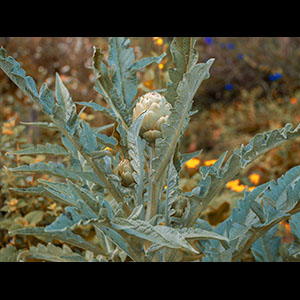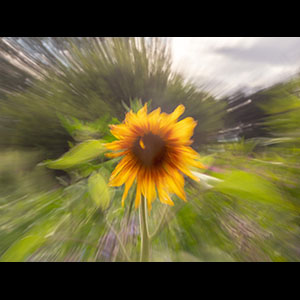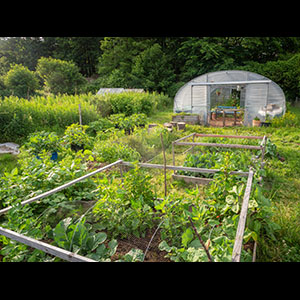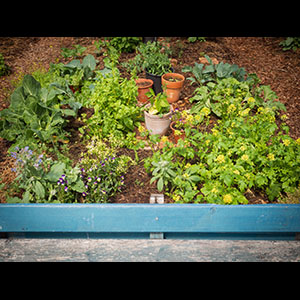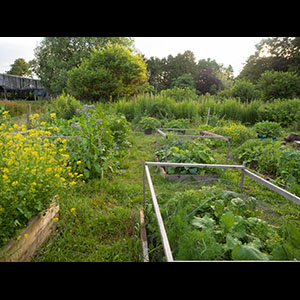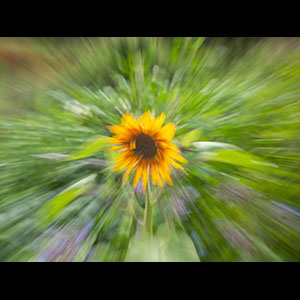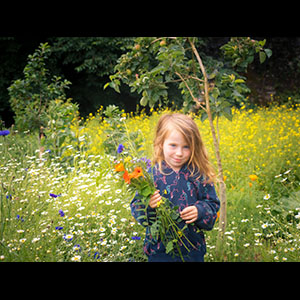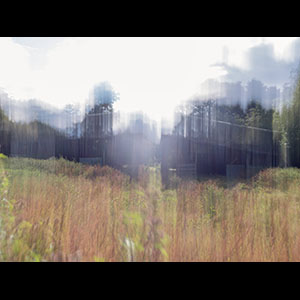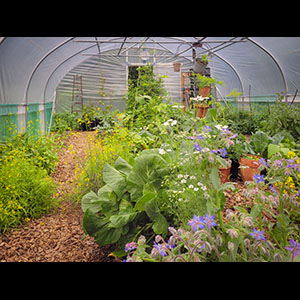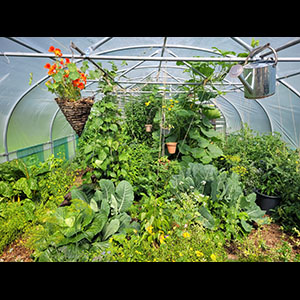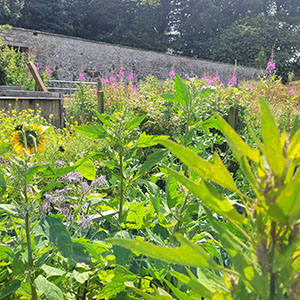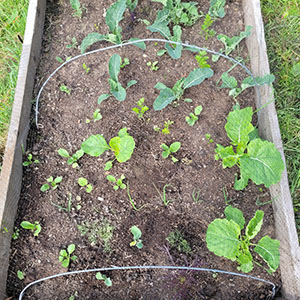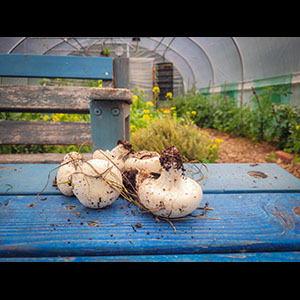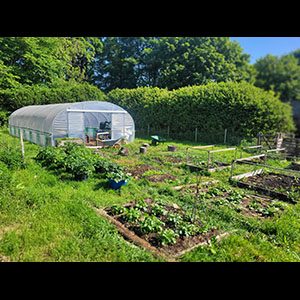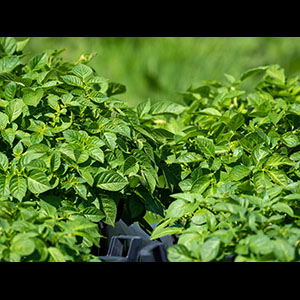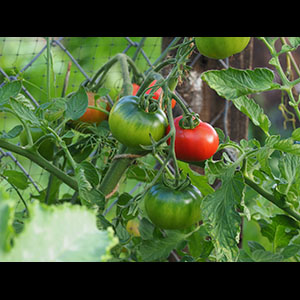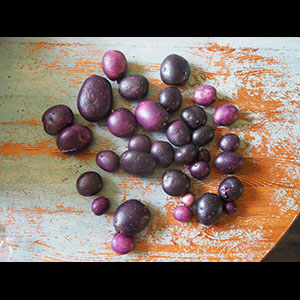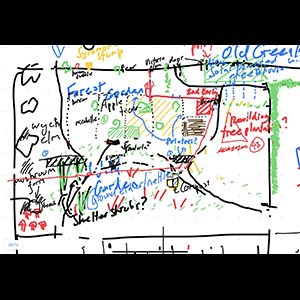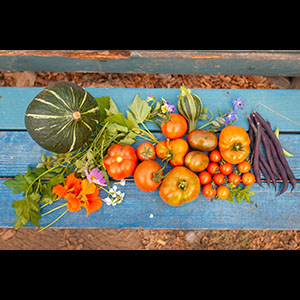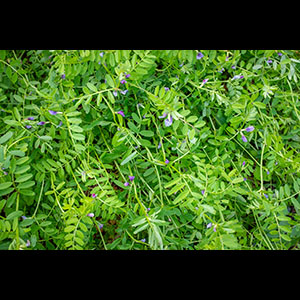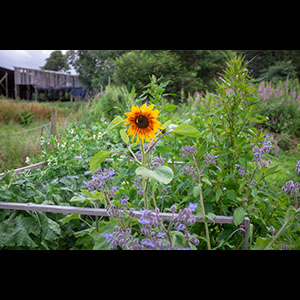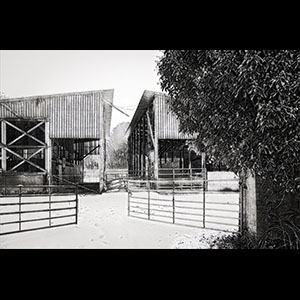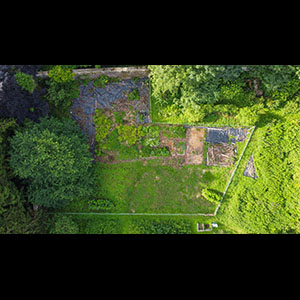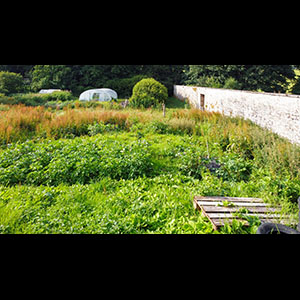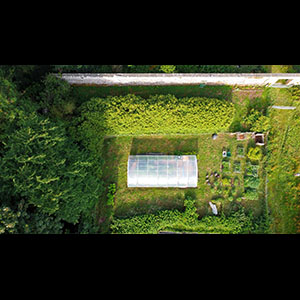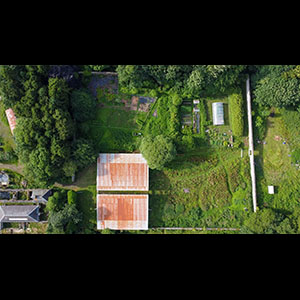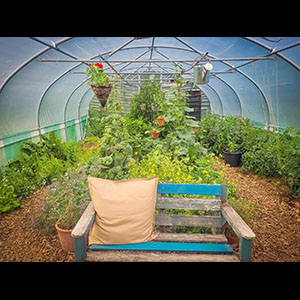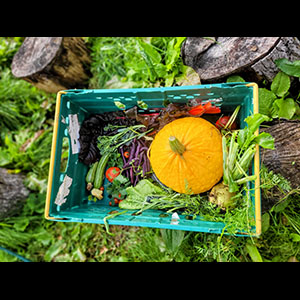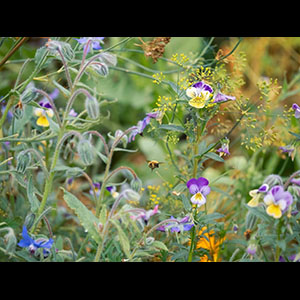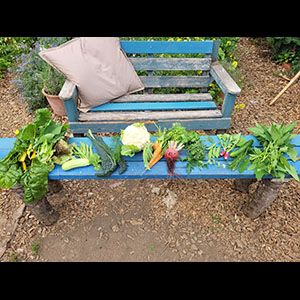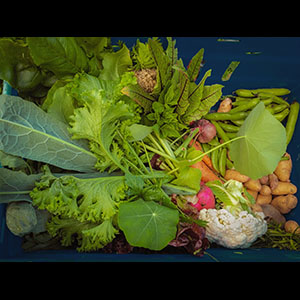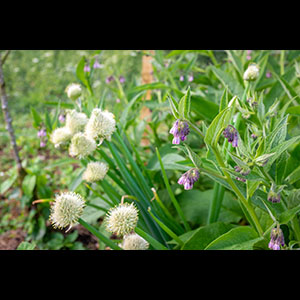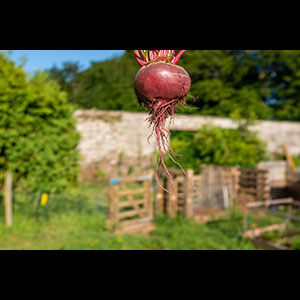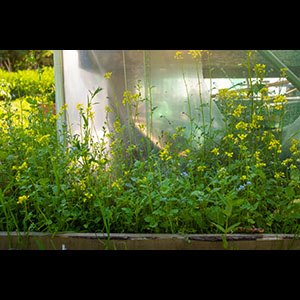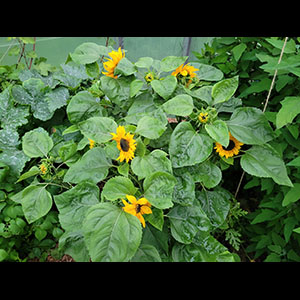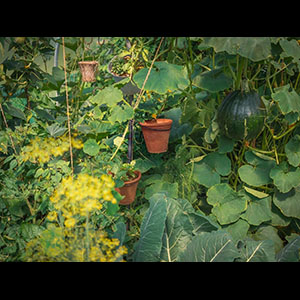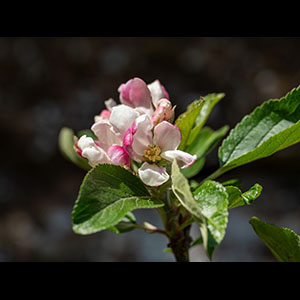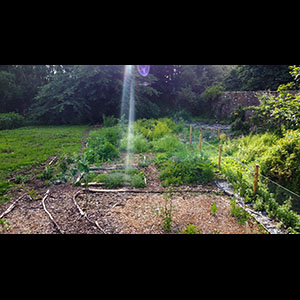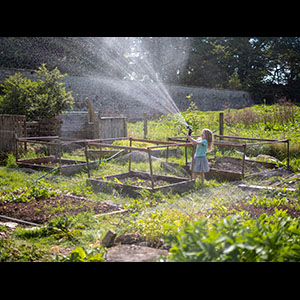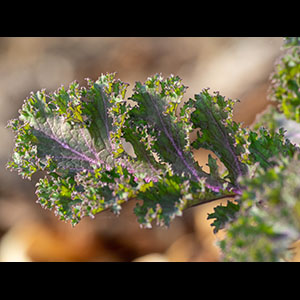“Though the problems of the world are increasingly complex, the solutions remain embarrassingly simple”
Bill Mollison
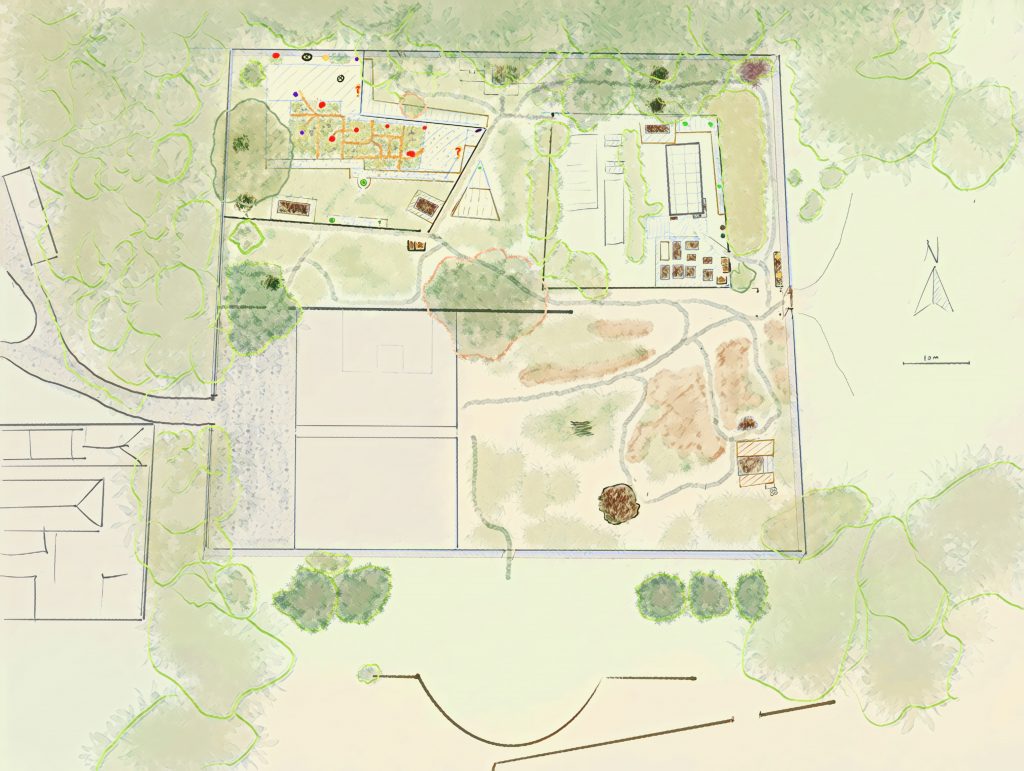
Current overview of the Bamff Walled Garden Project as of 2023 (Dave Maric)
As rewilding often commandeers land that has previously been compromised by intensive, unsustainable and ecologically damaging agriculture, the obvious question is then: how are we to feed ourselves, especially as the climate and biodiversity crises progress?
Since 2022 I have been gradually planning and developing a long neglected roughly 1.6 acre walled garden at Bamff, which until 2021 was largely dominated by cattle and sheep farming for half a century. This has led to me becoming a student of permaculture, and applying its principles and techniques there as much as possible.
The variety of produce being grown in the garden is constantly expanding, with an emphasis on experimentation and resilience.
Permaculture as a subject or philosophy goes further than simply exploring how we can grow our food, as it also tackles the activities that take place on the peripheries of our gardens, veg beds or greenhouses – into and around our homes and then beyond into the community. Hence the ambitions of the walled garden exceeds simply the exploration of plant/veg growing, serving also as inspiration for the myriad possibilities extending beyond its boundaries.
The Bamff Walled Garden will be a resource for:
- providing produce for local events and community food projects.
- connecting with regional food growing projects and other resilient initiatives.
- ensuring soil ecology is protected/enhanced within the garden – and outside it.
- exploring forest gardening – for climate resilient food foraging and ecosystem building
- creating crops of willow coppice, and other species, destined for ours and others rewilding projects, and for creative endeavours.
- providing a space for educational and cultural events, relevant to the project.
- exploring land beyond the walled garden with, for example, experiments in heritage grain growing – ideally stock free.
- hence exploring types of agriculture that can enhance and themselves become biodiverse habitats, rather than threaten them, and thus also potentially exploring the re-peopling of rural locations.
go here for updates on the walled garden’s progress.
